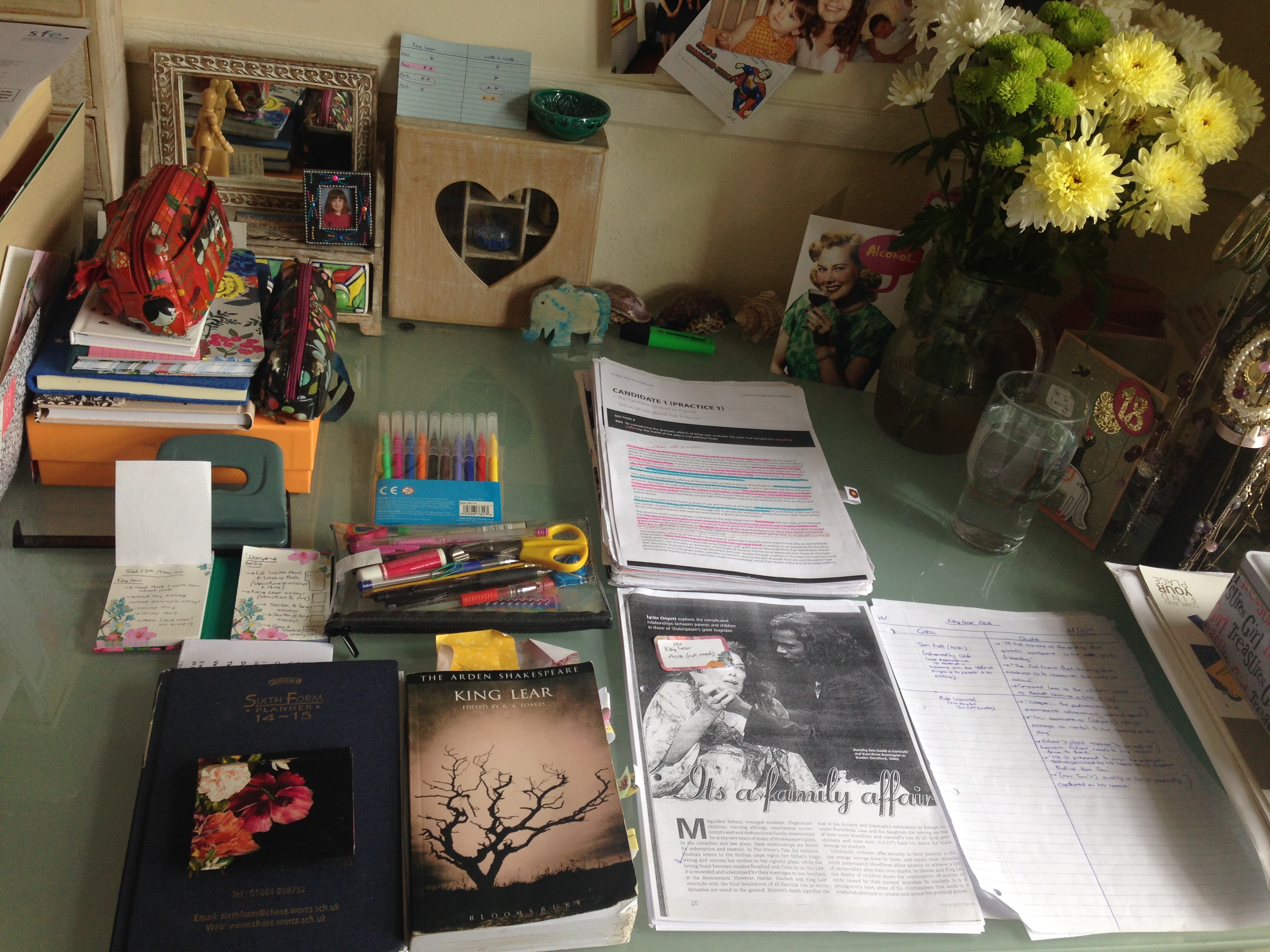My summer was pretty dull. Being a skint student and a slow reader, I was working and reading, trying (and failing) to take no notice of all the sunny holiday photos I saw on facebook. For anyone else studying literature at university, or who wants to read some good classics, here are the texts you will love and the texts to avoid…
- Jane Eyre by Charlotte Brontë (forming victorian fiction): Read a few years ago and loved it. A creepier and (dare I say it?) better read once you’ve read Jean Rhys’s Wide Sargasso Sea.
- Persuasion by Jane Austen (romantic lit): Read on the train on the way to London. Full of social snobbery with a pretty obvious romantic plot. An easy read and not too long- would recommend watching a film version afterwards.
- Pamela by Samuel Richardson (18th C): Don’t even bother. I chucked it across the floor shouting ‘you stupid girl- get out of there’ several times with a laughing boyfriend as witness.
- Wuthering Heights by Emily Brontë (forming victorian fiction): Everyone says it’s a classic, so I was looking forward to reading this text. It wasn’t as good as I expected- but I think it’s one of those novels which is way better to study.
- Caleb Williams by William Godwin (romantic lit): Pretty good but the middle could have been cut by about 100 pages.
- Mary Barton by Elizabeth Gaskell (forming victorian fiction): Loads of social and geographical issues to analyse & good twists. My sympathy goes out to Mary’s aunt and father. Looking forward to reading Gaskell’s Lizzie Leigh for second semester.
- Volpone by Ben Jonson (renaissance lit): Pretty underwhelming. The “I’m pretending to be dying but I’m actually not hehe” joke is very overplayed.
- Dr Jekyll and Mr Hyde by Robert Louis Steveson (victorian lit): Only 80 pages long and full of creepiness. Although you probably already know the famous plot, the twist is still pretty shocking.
- Short Residence in Sweden, Norway and Denmark by Mary Wollstonecraft (romantic lit): Written by a very clever woman but it’s very boring. Sorry but I really don’t care about sailing or the quality of your inn bedroom.
- Lady Audley’s Secret by Mary Elizabeth Braddon (fictions of fallen women): A new favourite. The twists in this book are fairly unpredictable and leave you to question the artfullness of women… I won’t reveal anymore.
- Vanity Fair by William Makepeace Thackeray (forming victorian fiction): Don’t be put off by the length of this novel. It’s an entertaining read with loads of sarcasm and comments on the whole of society. A few annoying romantic plots- a classic victorian trait- but the uniqueness of the characters makes up for them.
- Tess of the D’urbervilles by Thomas Hardy (ficitons of fallen women): This is beautifully written and is one of my favourite novels. The unfair struggles of Tess are so heartbreakingly tragic that you are filled with frustration at 1890s English society. I will definitely be reading more Hardy in the future.
- Robinson Crusoe by Daniel Defoe (18th C): Ugh. Some interesting points about religion and fate in the first few chapters- but still- ugh.
- Adam Bede by George Eliot (fictions of fallen women): A pretty slow and boring start, but 150/200 pages in, things start to get interesting. Unjustified lovers, envy, and the voicelessness of women (on par with Hardy’s Tess) makes for a good read. Not sure about the ending though.
- The Mill on the Floss by George Eliot (victorian lit): A well-written, emotional depiction of the enemies and bonds of families, more social snobbery (I’m looking at you, Mrs Glegg) and the bitterness of poverty. Definitely read this even if you don’t plan to study it.
- The Chaste Maid in Cheapside by Thomas Middleton (renaissance lit): The good news is this is only 120 pages long. The bad news? It’s got the same jokes all the way through (see text no. 7), and the resurrection/ fake death at the end was just plain weird.
- The Old Curiosity Shop by Charles Dickens (forming victorian fiction): The novel itself is way better than any film version I’ve seen, so I was pleasantly surprised by this text. The unravelling of Nell’s mental and physical state is beautifully depicted, linking English urban and rural settings together with her fragmented thoughts of death.
- The Way of the World by William Congreve (18th C): Not worth your time. But a short read.
- The Spanish Tragedy by Thomas Kyd (renaissance): Full of salacious and theatrical deaths- and a pretty short read. Can’t go wrong with that.
Only 13 more texts to go…
Charlie Collett
(Photo credit: Charlie Collett)

